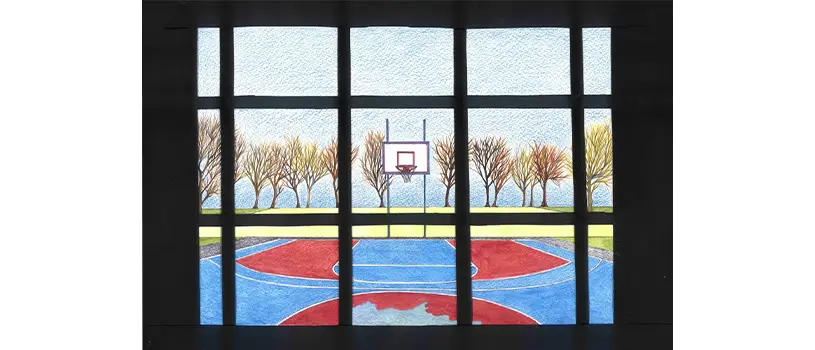The analysis conducted by Antigone and based on direct observation of Italian juvenile detention facilities was presented on 20th February. There are around 500 minors and young adults detained in Italy’s 17 juvenile prison institutions, never so many since 2012.
“Prospettive minori” (Minor Prospects) Antigone’s 7th Report on juvenile justice in Italy, was presented yesterday in Rome. The report is a precise analysis carried out by the Association since 2008, based on direct observation inside Italian juvenile prison institutions, with the ultimate aim of painting an accurate picture of the conditions of people detained in these facilities.
In a context where the conditions of adult prison detention in our country have worsened, the picture revealed by Antigone of the juvenile prisons is no exception.
According to Antigone, the future prospects of detained boys and girls in Italy are indeed “minor”, and minor too are those available to the justice and juvenile prison workers themselves.
Admissions to juvenile prisons increased significantly in 2023 compared to the past: while in 2021 there were 835 admissions, last year there were 1,143: the highest figure for the last fifteen years.
At the beginning of 2024, there were 496 young people held in Italian juvenile prisons, 60% of them under the age of 18. A figure that is the opposite to that recorded in 2022 and has also been fuelled by the effects of the Caivano Decree, which, under specific conditions, expands the options for transferring adult children from juvenile prisons to adult prisons.
Admissions of foreign children to prison during 2023 were 557, which equates to 48.7% of all the 1,143 admissions to juvenile prisons. The clear over-representation of foreign children in juvenile prisons is partially attenuated if we consider the data relating to communities where, during 2023, the admissions of foreign children were 38.7% of the total.
The communities system struggles to accommodate requests for the inclusion of children leaving juvenile prisons, particularly minors of foreign origin..
During 2022-2023, with the support of Fondazione Compagnia di San Paolo, Antigone conducted a research project to investigate the conditions of juvenile and young adult offenders in Piedmont and Liguria. The ultimate aim was to carry out an accurate analysis of the context in order to identify the strengths and weaknesses of the system, the challenges it faces and the potential innovative responses to be implemented.
Among the solutions identified is the need to work to strengthen low-threshold interventions for mental health and addiction. There is also a need to promote the strengthening of private communities, with particular reference to the measures to be outlined for the reception of unaccompanied foreign minors.
The critical issues that emerged from the research contained in the Report in question are unfortunately common to many other territories. The system of private communities is neither sufficient nor always adequate for people’s needs; in fact, there is a lack of structured support for families during and after the sentence and more cases of hardship related to addictions or mental health problems have been found.
For further information about the Seventh Antigone Report on juvenile justice, please visit www.antigone.it
